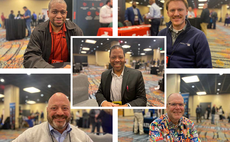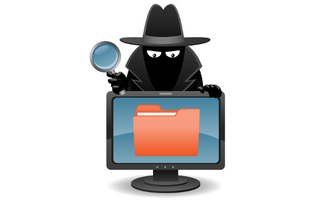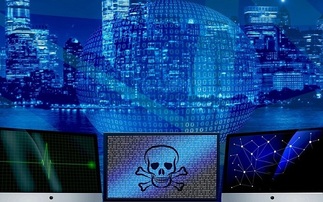Outspoken security expert and reformed hacker claims that anti-virus software is next to useless, and shows how peer to peer software can cause devestating leaks of sensitive corporate data
Security expert and reformed hacker Kevin Mitnick has branded anti-virus software useless, claiming: "The only thing McAfee is good at is making videos." Speaking at IT conference IPExpo in Lond...
To continue reading this article...
Join Computing
- Unlimited access to real-time news, analysis and opinion from the technology industry
- Receive important and breaking news in our daily newsletter
- Be the first to hear about our events and awards programmes
- Join live member only interviews with IT leaders at the ‘IT Lounge’; your chance to ask your burning tech questions and have them answered
- Access to the Computing Delta hub providing market intelligence and research
- Receive our members-only newsletter with exclusive opinion pieces from senior IT Leaders





















